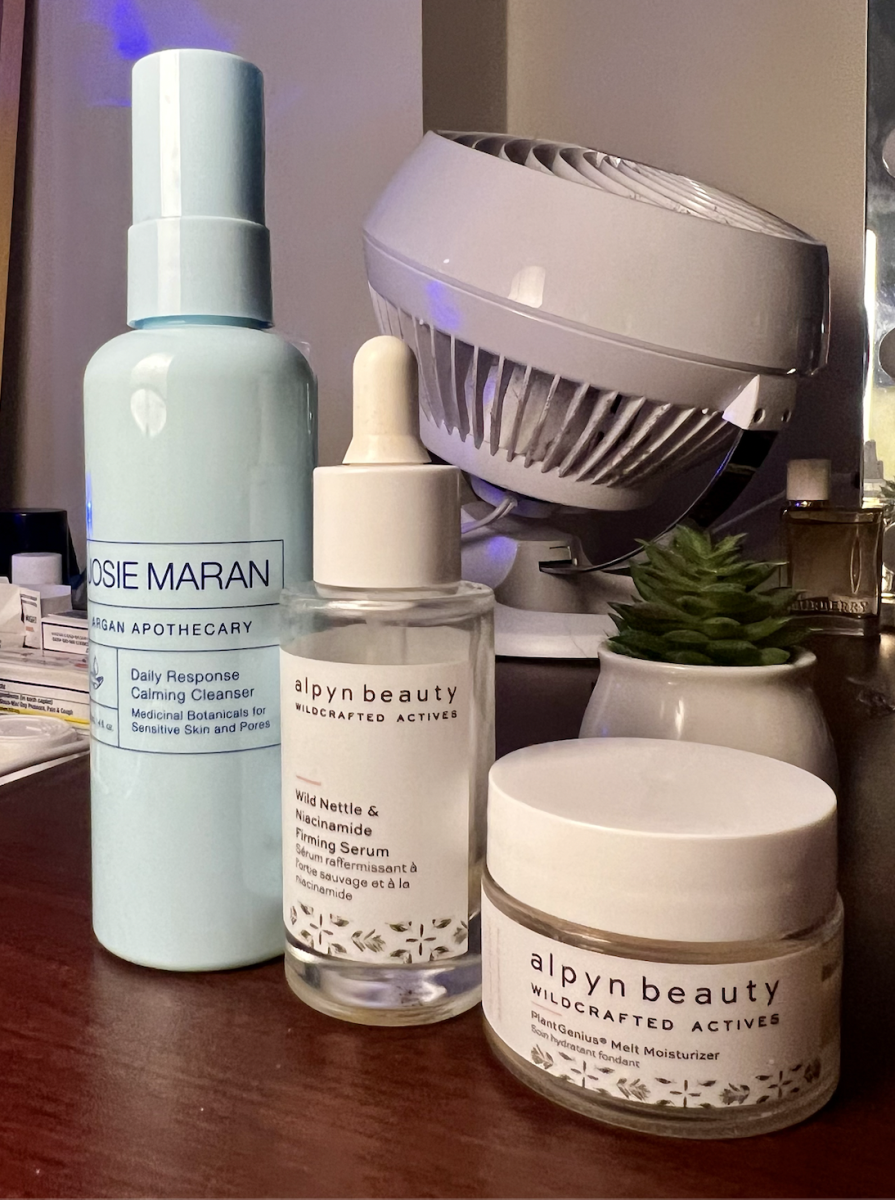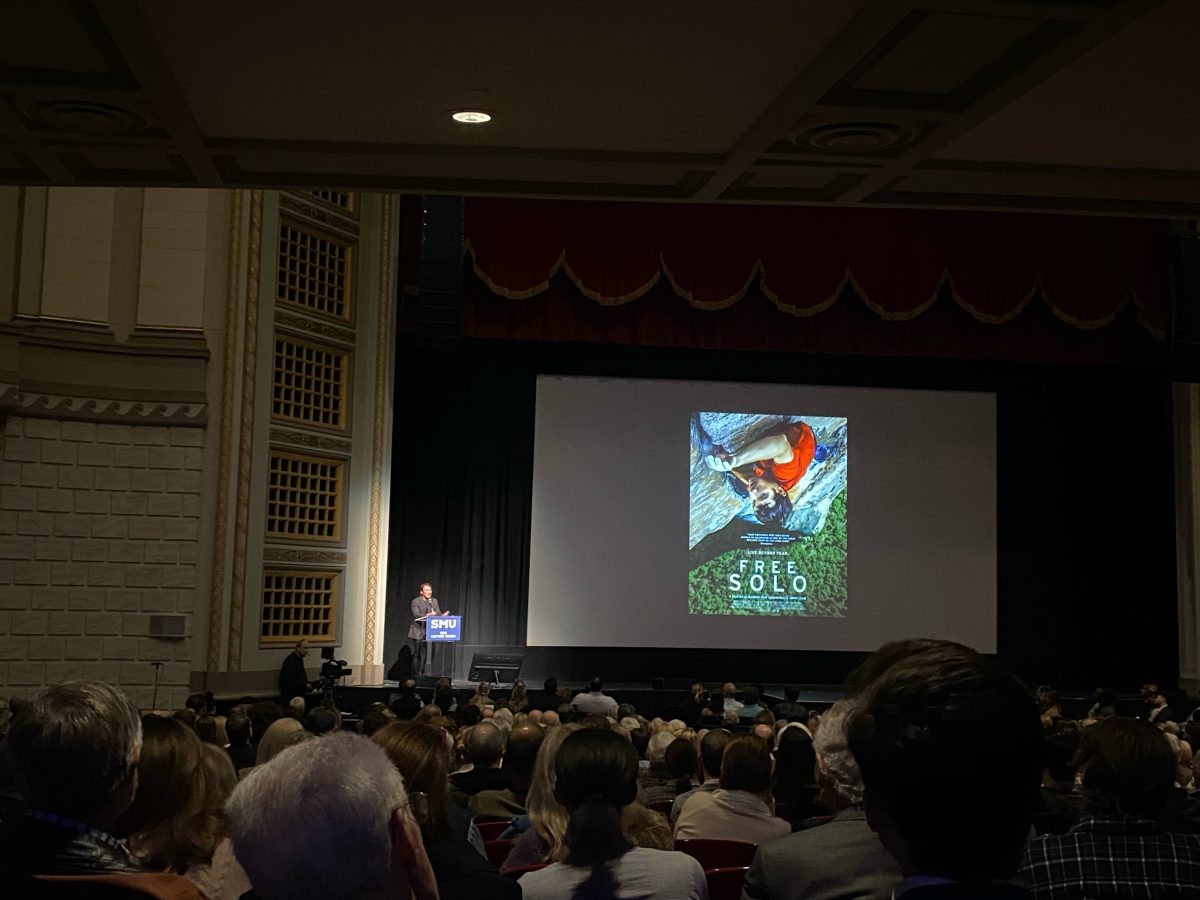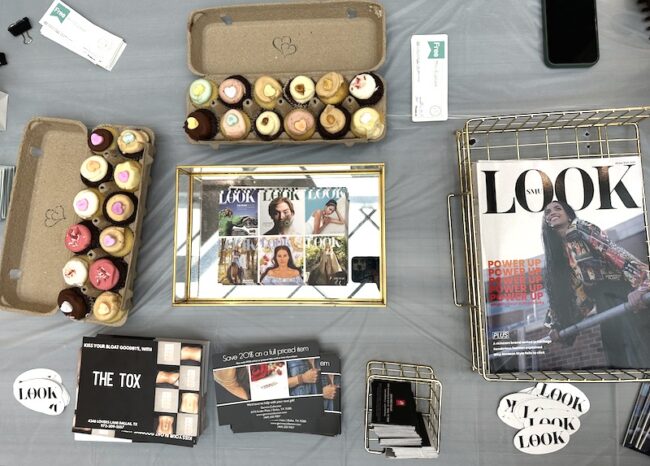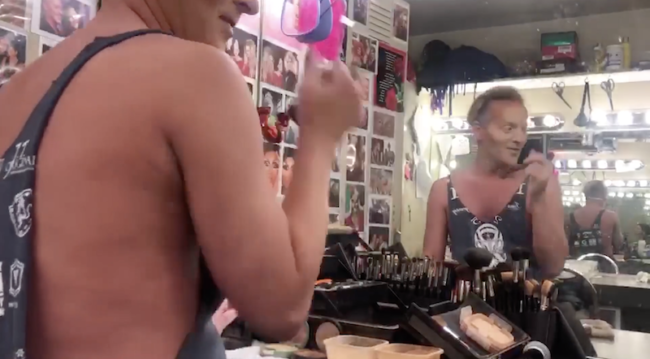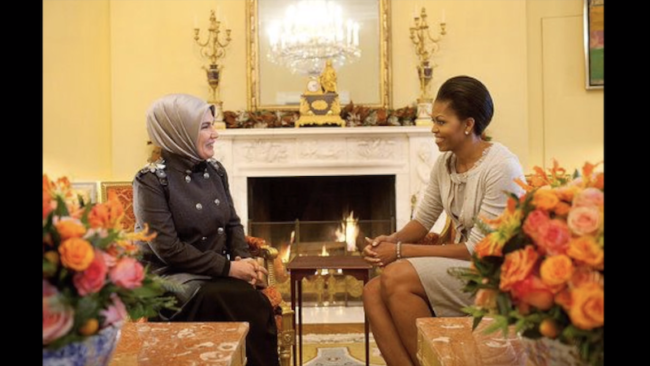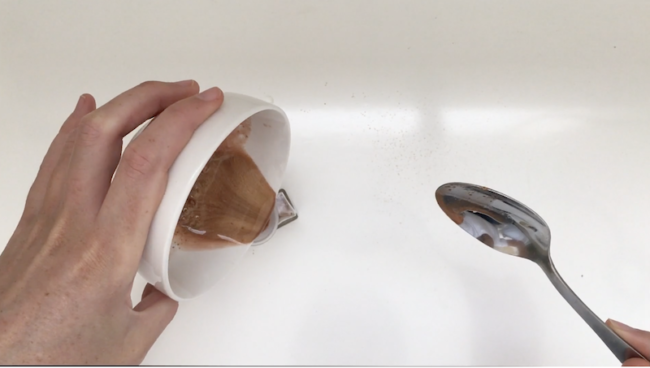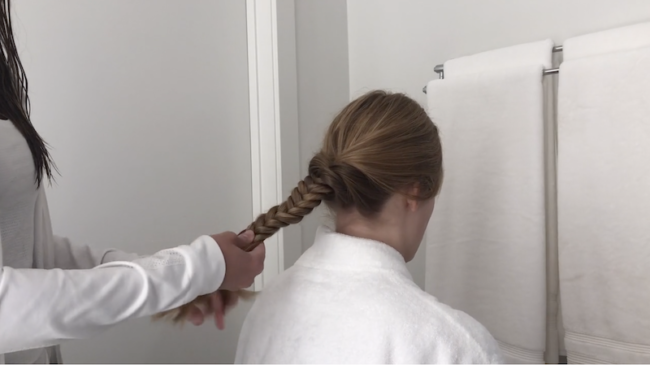
“The job a million girls would kill for” is getting harder to achieve.
Conde Nast Publications, which owns GQ Magazine, Vogue and Vanity Fair among 23 other magazines, announced Oct. 23 that it will terminate its internship program as of January 2014. The program ends amid a lawsuit initiated by Matthew Leib, a former two-time intern at The New Yorker, and Lauren Ballinger, a former intern at W Magazine.
Leib and Ballinger allege their stipends from Conde Nast amounted to less than $1 an hour during their unpaid internships. Conde Nast has not released a public statement, but many in the industry say experience is payment enough. As rumors swirl regarding whether Hearst Corporation, another top publication company, will follow Conde Nast’s lead, the ethics and legality behind unpaid internships is becoming a controversial topic.
Unpaid internships must adhere to the following guidelines set forth by the U.S. Department of Labor:
“1. The internship, even though it includes actual operation of the facilities of the employer, is similar to training, which would be given in an educational environment.
2. The internship experience is for the benefit of the intern.
3. The intern does not displace regular employees, but works under close supervision of existing staff.
4. The employer that provides the training derives no immediate advantage from the activities of the intern; and on occasion its operations may actually be impeded.
5. The intern is not necessarily entitled to a job at the conclusion of the internship.
6. The employer and the intern understand that the intern is not entitled to wages for the time spent in the internship.”
Leib and Ballinger filed a class-action suit against Conde Nast in June claiming the company violated those rules. Leib said The New Yorker paid him $300 for one summer and $500 for the next summer for reviewing and proofreading articles and assisting with the online cartoon database from 10 a.m to 5:30 p.m. three days a week. Ballinger said W Magazine paid her $12 a day when she worked either 12 hours a day in the accessories department or 10 hours a day in the fine jewelry department. Ballinger also received one credit hour toward her degree at the American University
of Paris.
In an interview with The New York Times, Ballinger compared her internship experience to “The Devil Wears Prada,” except unlike Anne Hathaway’s character in the movie, “we don’t get any makeover in the end.”
“Our goal isn’t to end internship programs. Our goal is to… make sure they’re legal, either by paying minimum wage or making sure they meet the criteria the Department of Labor has spelled out,” said Rachel Bien, Leib and Ballinger’s lead attorney at Outten & Golden LLP, in a statement.
When Leib and Ballinger initially filed suit, Conde Nast responded by altering its internship program to enforce limited hours, a stipend and the guarantee that interns only participated in relevant duties. However, Conde Nast quickly did away with the program all together.
Bien has quite a busy year ahead of herself as Leib and Ballinger are not her only clients involved in the movement for paid internships in the publishing world. Hearst is also in hot water as Diana Wang, a former intern at Harper’s Bazaar, filed a suit in February 2012 claiming she worked almost 55 hours a week in the accessories department answering phones, organizing expense reports, running errands and managing other interns with no compensation. Another 3,000 former interns joined her case, which is now in the appeal process. Wang is also suing Fenton-Fallon, a jewelry company, for not receiving adequate payment for that previous internship.
“Rather than doing the right thing and paying their entry-level workers a fair wage, they’re killing jobs that help move young workers and graduates into professional jobs. They’ve been caught behaving badly, so they’re having a tantrum. Today, Conde Nast threw their toys out of the pram,” Mikey Franklin, the founder of the Fair Pay Campaign, told BuzzFeed Politics.
David Carr, a New York Times reporter, also advocates for paid internships.
“These internships are by their very nature discriminatory,” Carr wrote. “Only a certain kind of young person can afford to spend a summer working for no pay. According to sources at the major publishers, more than one in five of these plum spots typically go to people who are connected one way or another… Paid internships, properly conceived and administered, could bring a diversity of region, class and race to an industry where the elevators are full of people who look alike, talk alike and think alike.”
Many former Conde Nast interns believe what they earned in experience and networking far outweighs any monetary value. It has been suggested that one can’t put a price on learning from Vogue Creative Director Grace Coddington. For example, Stephanie Cain, a former intern at Brides magazine, compared her internship to auditing a class. She told The New York Times, “You don’t expect to be paid for auditing a class.” Cain also mentioned that she got her current job as an editor for an e-commerce site through connections made at her Brides internship.
The argument has also been made that not only do the interns benefit from the programs, the companies do as well.
Erin Cunningham, a former intern at Teen Vogue and current fashion reporter for The Daily Beast, wrote, “A lack of interns could definitely slow down the operations of the fast-paced magazine environment. Interns are utilized for a variety of vital — although menial and time-consuming tasks — including sample handling and trafficking, assisting with market appointments and assisting on photo shoots.”
Other interns in support of the programs they completed insist that it is wrong and manipulative to sue after the fact, especially when one knew what he or she was getting into in the first place. Dylan Byers, a former intern at The New Yorker and current media reporter for Politico, called such actions “disingenuous” in an article in The New York Times.
Helena, a former intern at Oprah Magazine who did not publish her last name, wrote an article in xoJane.com in which she alludes that those behind the lawsuits simply don’t have an attitude for hard work.
“When they see how the sausage is made, some people can’t keep eating it, especially when they’re paying a premium,” Helena wrote. “But for the hungry ones, though, it doesn’t matter.”




